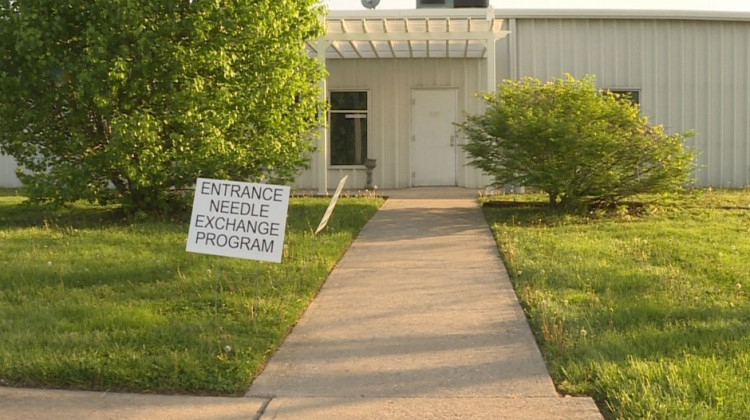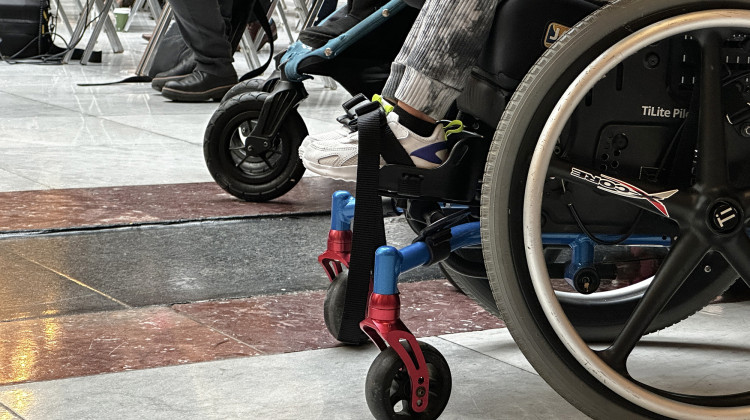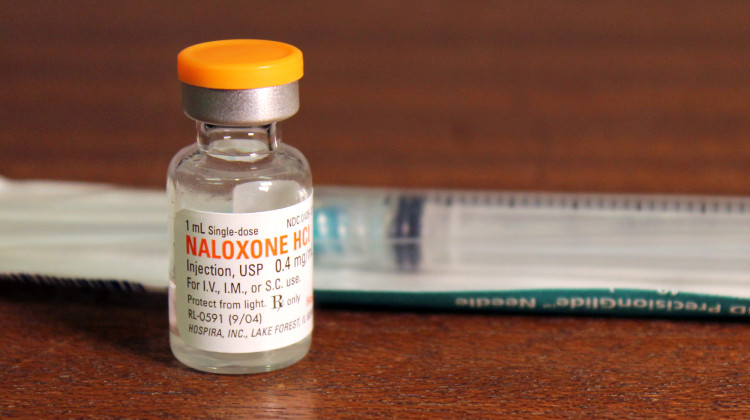Indiana is getting more people with mental health and substance use disorders connected with “peer supports” – trained professionals who have personal experience with those challenges.
Indiana Addictions Issues Coalition director Brandon George said the state isn’t just dealing with a COVID-19 pandemic – it’s also still struggling with an overdose and addiction epidemic. And he said COVID-19 has exacerbated that problem.
“We had hundreds, if not thousands of recovery resources, social supports, meetings, churches – all the places where people with substance use disorder go to get help – no longer accessible,” George said.
READ MORE: Recovery Resources Adapt To COVID-19 Social Distancing, 'Stay-At-Home' Orders
Join the conversation and sign up for the Indiana 2020 Two-Way. Text "elections" to 73224. Your comments and questions in response to our weekly text help us find the answers you need on COVID-19 and the 2020 election.
Family and Social Services Administration Secretary Dr. Jennifer Sullivan said the peer support expansion, announced Thursday, will send at least 40 full- and part-time professionals to recovery groups around the state.
“These organizations include treatment providers, criminal justice partners, syringe service programs and others,” Sullivan said.
The expansion is funded by a federal grant.
Contact reporter Brandon at bsmith@ipbs.org or follow him on Twitter at @brandonjsmith5.
 DONATE
DONATE









 View More Programs
View More Programs

 Support WFYI. We can't do it without you.
Support WFYI. We can't do it without you.